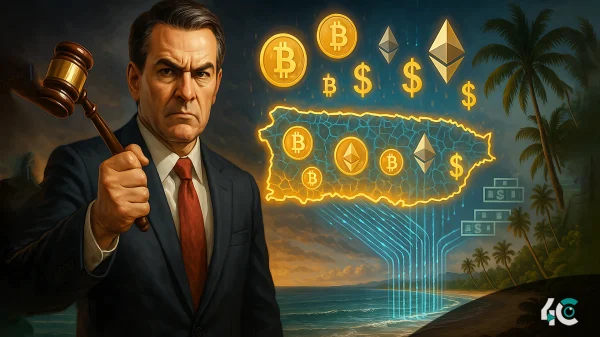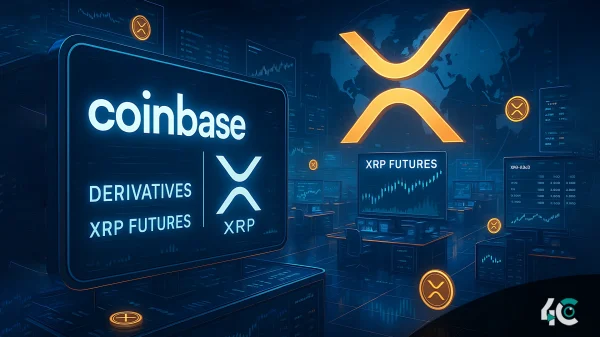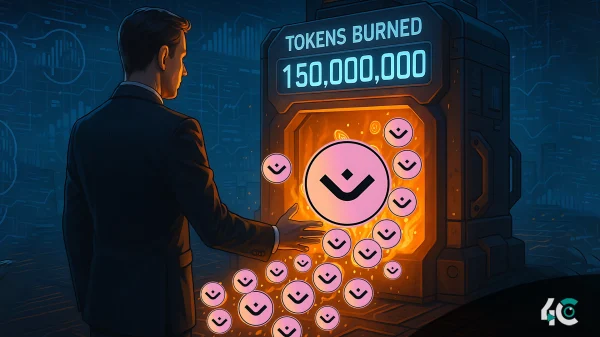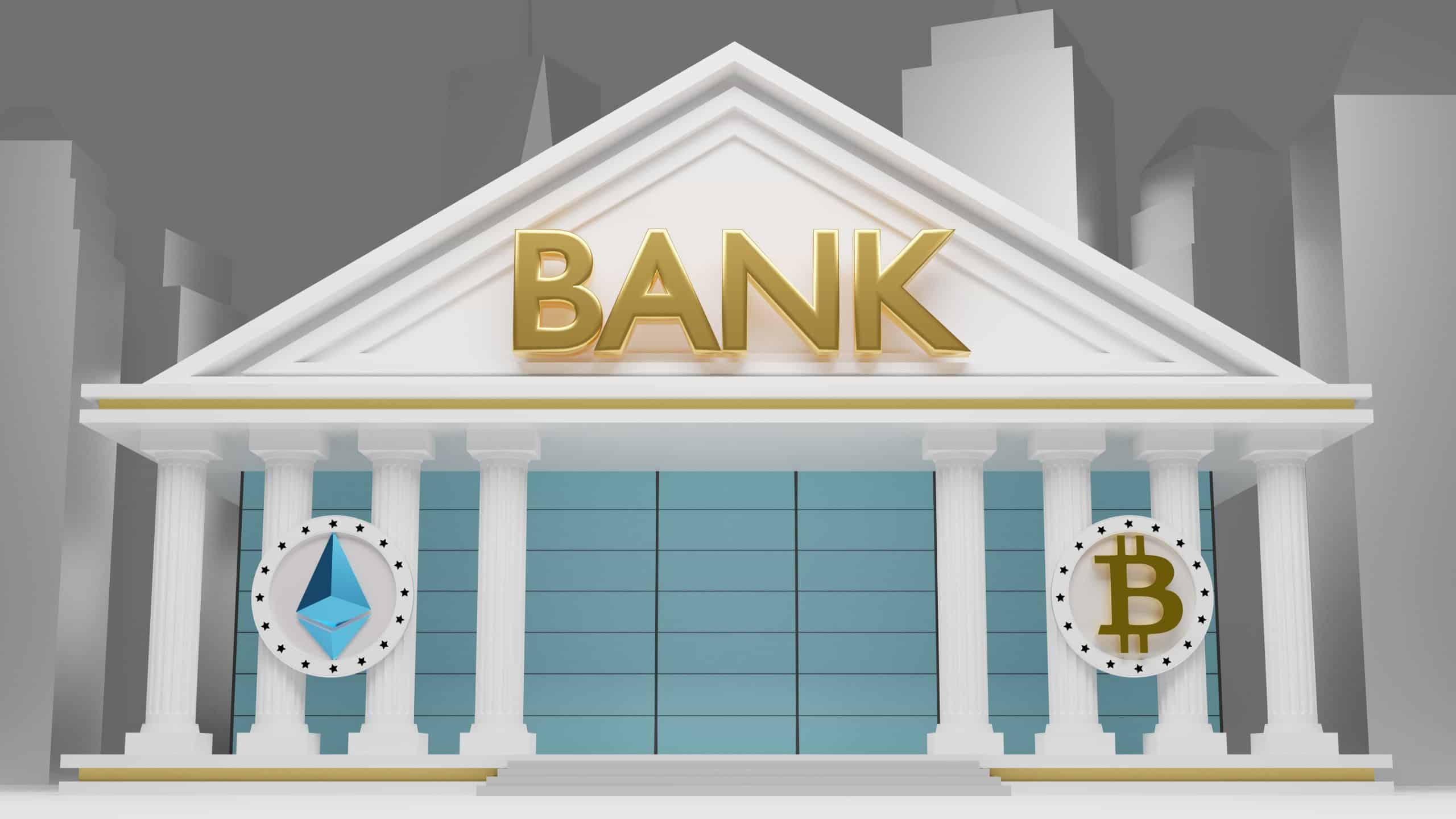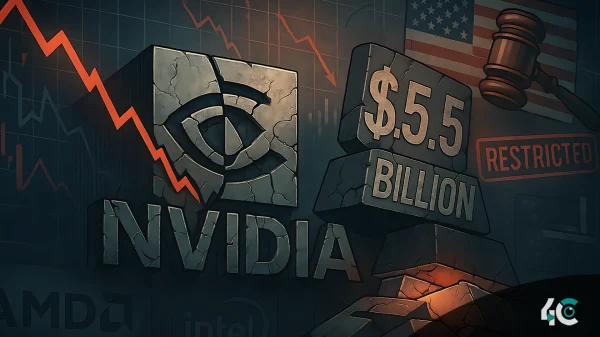A blockchain is a permanent, open record of transactions between two parties that consists of individual blocks of data linked together according to a specific order. A blockchain is made up of individual blocks of data, which contain a series of related transactions. A digital ledger can be shared by all parties involved over a computer network without needing a centralized authority or intermediaries. For this reason, blockchain transactions are faster.
Blockchain has many potential financial benefits, but speed is just one of them. It not only boosts efficiency, but also adds transparency and security.
In what ways can blockchain technology benefit banking?
The banking industry has a lot of advantages for adopting blockchain thanks to its specific features. Banks were created to connect people and facilitate commerce and trade. This can be done with a blockchain but on a global scale. This is also transparent and secure.
Global commerce could also benefit from blockchain technology. It could simplify and automate processes that are currently manual or paper-based, making trade more efficient. Because public blockchains are decentralized, no one entity can own them, they can be great collaborative tools. Due to this reason, blockchain goes beyond just being the underlying technology of cryptocurrencies like Bitcoin or Ethereum.
Uses of Blockchain in Banking
- Swift Payment
Creating a decentralized channel (e.g. crypto) to facilitate payments allows institutions to lower their processing costs while facilitating faster payments. By improving security and lowering the costs of sending payments, banks could launch new products, compete with fintech startups, and offer new services.
A blockchain implementation will also reduce the need for third-party verifications, allowing banks to streamline traditional bank transfers in a short amount of time. In 2016, 90% of European Payments Council members believed blockchain would be a game changer.
- Clarence and Settlement Systems
Blockchain technology could make it easier to settle bank transactions directly and keep track of them better than existing protocols such as SWIFT. Because of the way our financial infrastructure was designed, an average bank transfer takes a few days to settle.
Many banks face logistical challenges in moving money around the globe. Bank transfers must pass through a complex system of intermediaries such as custodial services before they reach their destination. A widely distributed network of funds, asset managers, traders, and more needs to reconcile the bank balances.
Only payment orders are processed by the centralized SWIFT protocol. The actual money is processed through an intermediary system. There are additional costs and time associated with each of them.
The blockchain, a decentralized ledger of transactions, could provide banks with a public and transparent record of transaction activity. A regulatory body like SWIFT and custodial services won’t be needed for banks. The transactions will simply be settled on the blockchain itself.
- Buying and Selling Assets
In addition to lowering asset exchange fees and reducing market instability, blockchain technology removes the middle man and allows asset rights to be transferred directly. One source estimates that blockchain-based trade processing could save from $17 to $24 million per year in global trade processing costs.
In order to buy and sell assets like stocks, commodities, or debt, it is necessary to keep track of who owns what. This is achieved by the financial markets, which include exchanges, brokers, clearinghouses, central security depositories, and custodian banks. A system of paper ownership binds all of these different parties together. Obviously, the system is slow and prone to error, as well as deceitful.
This makes it difficult to execute such transactions electronically since buyers and sellers often use different custodian banks, and these banks do not always rely on trusted third parties to hold onto all the paper certificates.
The German government is now allowing banks to offer services related to cryptocurrencies. Ukrainian banks are following suit.
You will be relaying the order through several third parties when you buy or sell an asset. Ownership transfers are therefore tricky. The truth is maintained separately by each party. This leads to inefficiency and imprecision.
Through the creation of a decentralized database of digital assets, blockchain will revolutionize financial markets. In a distributed ledger, tokens can be used to represent assets off-chain which can be used to transfer ownership rights. Blockchain companies are now working on solutions that would enable us to tokenize real-world assets like gold or real estate. Bitcoin and Ethereum are examples of purely digital currencies that do this. The middleman’s removal will also lower the asset exchange fees.
- Fundraising
Investing in venture capital today is a complex process. Typically, it goes like this:
In order to exchange their companies for payment, entrepreneurs prepare decks, attend countless meetings with partners, and negotiate long over valuations and equity.
With the help of several alternative funding methods, blockchain companies are speeding up the process. They include Initial Exchange Offerings (IEOs), Equity Token Offerings (ETOs), and Security Token Offerings (STOs). Legal protection makes STOs the most popular option at the moment. Projects must pass a due diligence process in order to benefit from this model. Companies like Scerri & Concise Ltd, which provides such services in Malta and Switzerland, are pioneers in the field. Neufund is today’s dominant exchange-traded funds platform.
Initial Coin Offerings (ICOs) were once popular but are now regarded as spammy and unreliable.
- Credit and Loans
Credit reports are used by traditional banking institutions to underwrite loans. With blockchain, we’re looking at the future of peer-to-peer lending, faster and more secure loan processes, and even sophisticated loan structures that resemble mortgages and syndicated loans.
Credit scores, homeownership status, or debt-to-income ratios are some of the factors considered by banks when evaluating loan applications. Credit reports provided by specialized credit agencies are required to gather all of that information. Three credit bureaus provide credit reports in the U.S.
Consumers suffer from such centralized systems because they contain inaccurate data. In addition, concentrating such sensitive information within a small number of institutions makes it extremely vulnerable. One of them, Equifax, was hacked last year and over 145 million Americans’ credit information was exposed. You can now see why blockchain makes loan applications more secure, efficient, and cost-effective.
- Trade Finance
The trade finance sector is another area where blockchain has the potential to revolutionize. International trade and commerce involve a wide range of financial activities. Invoices, letters of credit, and bills are still used for many trade finance activities today. These tasks can be performed online by many order management systems, but the process takes a lot of time.
By getting rid of paper-based processes, paperwork, and bureaucracy, blockchain-based trade finance aims to streamline the trading process.
- Blockchain in Banking as Digital identity verification
It would be impossible for banks to process online financial transactions without verifying their identities. Verification involves a number of steps that consumers do not like. This can take the form of face-to-face verification, authentication (e.g. every time you sign in), or authorization. Each new service provider needs to go through all of these steps for security reasons.
The blockchain will speed up the verification process for consumers and companies. The reason is that blockchain will allow users to reuse identity verification for other services in a secure manner.
In this area, Zero-Knowledge Proof is a popular innovation. There are now several countries and large corporations working on solutions based on ZKP.
As blockchain continues to develop, users will be able to choose how they wish to identify themselves as well as who they can share their identities with. Blockchain users will only have to register once. If those providers are also powered by the blockchain, there is no need to repeat that registration. A blockchain is also a safe way to store this type of data.
- Blockchain in Banking for Accounting and Auditing
Historically, accounting has been one of the slowest areas to digitize. One factor is the need to comply with strict regulatory requirements regarding data accuracy and integrity. Because of this, accounting may also be transformed by blockchain.
According to experts, the technology will simplify compliance and streamline the traditional double-entry bookkeeping process. Businesses can keep a joint register instead of keeping separate records based on transaction receipts. The register will include all entries.
This will increase transparency and security of the records. In such applications, blockchain smart contracts could be used to automatically pay invoices using blockchains as digital notaries.
- Hedge Funds
The concept behind hedge funds is to maximize investor return and minimize risks through a partnership between a manager and a limited group of investors. Hedge funds are usually run by traders, not your average investors.
In contrast to traditional hedge funds, which are controlled by managers who work within a single entity, a decentralized crypto hedge fund provides investors and strategists with an open platform. Such decentralization is an excellent example of the promise of blockchain technology for the financial services industry.
- P2P Transfer
There are currently many applications for P2P transfers on the market. However, they all have certain limitations. Through P2P transfers, customers can transfer funds from their bank accounts or credit cards to another person online.
A blockchain-based technology can help solve all of these problems. It will enable applications to handle peer-to-peer transfers. Not only does blockchain have no geographical limitations, but it has transaction times that are in real-time, so the recipient won’t have to wait four days before receiving money.
The future of blockchain in banking
Before blockchain can be used in banking as a mainstream technology, executives believe it must meet several conditions. To make the most of blockchain, banks must first invest in infrastructure that allows them to operate globally using matching solutions. The blockchain technology is unlikely to disrupt the finance sector unless it is widely adopted.
In the long run, blockchain-based banking solutions will deliver a better customer experience and will allow traditional banks to compete with fintech startups. Once adopted by banks, blockchain-based banking applications will enable them to process payments faster and more accurately, thereby reducing transaction processing costs.


